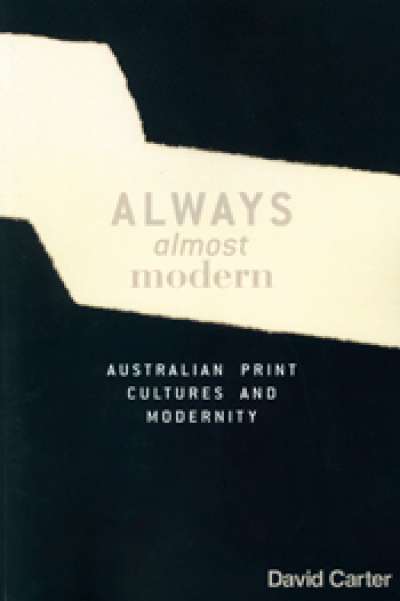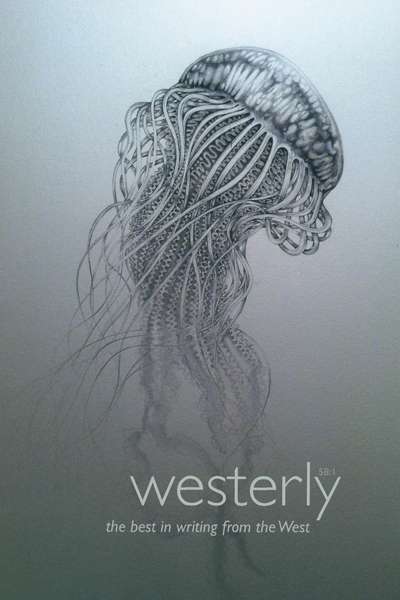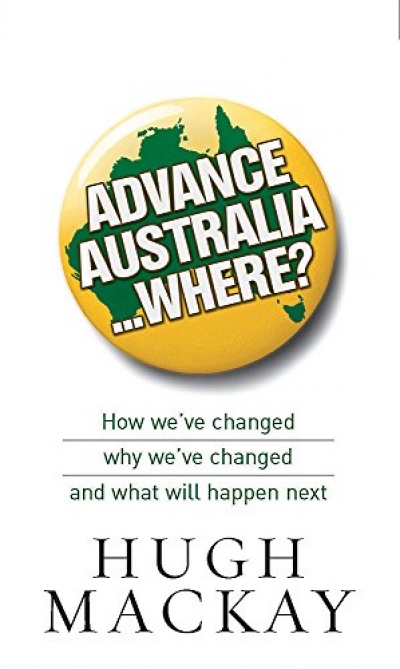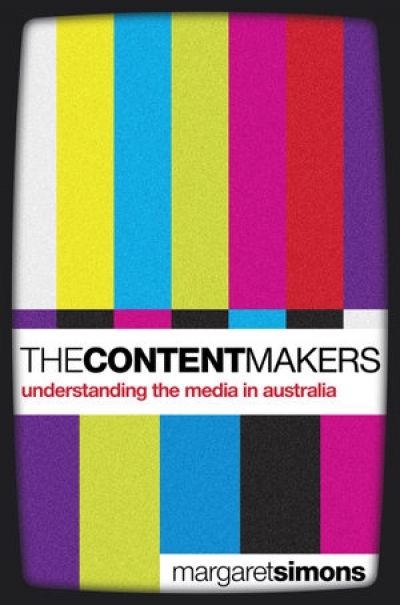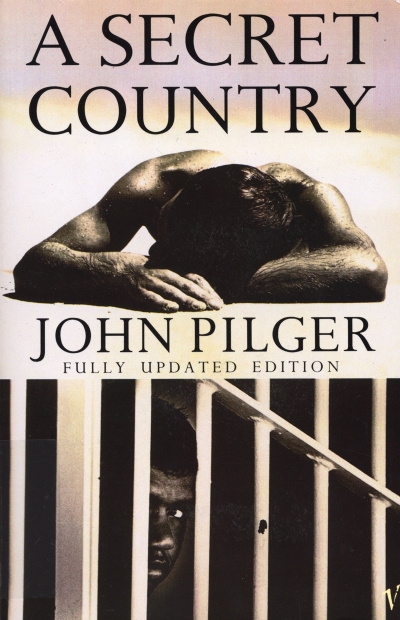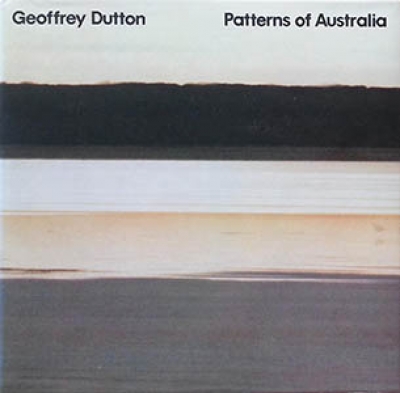Westerly’s descriptive subtitle (‘the best in writing from the West’) is a modest claim given its national and international reach. A feast of poetry includes offerings by familiar locals like Kevin Gillam, Andrew Lansdown, and Shane McCauley alongside poets such as Kevin Hart and Knute Skinner. There are translations of Xi’an poet, Allen Zhu Jian, by Liang Yujing; and from Russian, by Peter Porter, of poems by Eugene Dubnov. The fiction includes work by Nepali writer Smriti Ravindra, and by Shokoofeh Azar, translated by Persian–English translator Rebecca Stengal, based in France. Hardly surprising, then, that the volume resonates with a sense of diversity and literary substance.
...
(read more)

